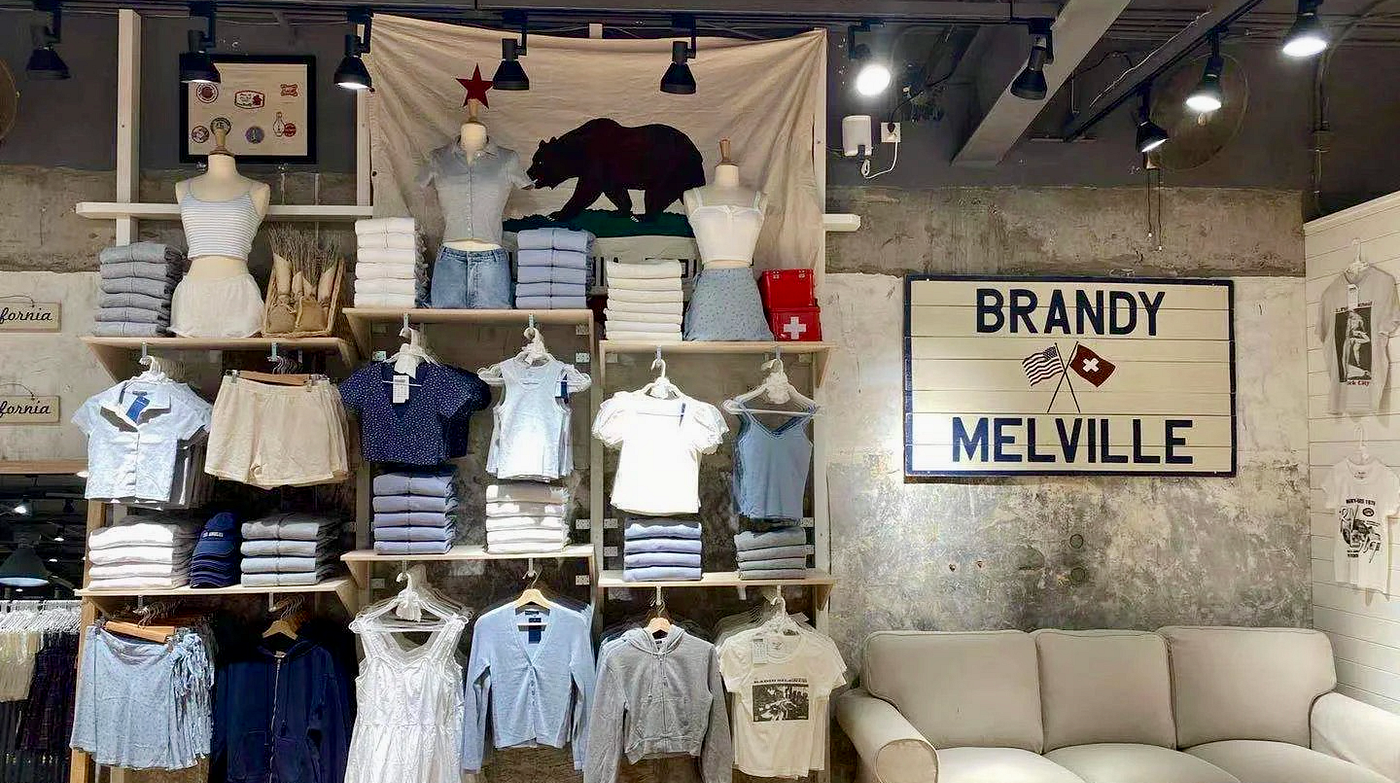Brandy Melville : The fast fashion industry has been under scrutiny for its ethical and environmental practices, and Brandy Melville is one of the brands at the center of the controversy. The Italian clothing brand is known for its exclusive size range, which has been criticized for promoting a toxic body image culture.
The Dark Side of Brandy Melville:
A new documentary, “Brandy Hellville & the Cult of Fast Fashion,” sheds light on the dark side of the brand. The film, directed by Eva Orner, exposes the shadowy operation behind the soft baby-tees and the exploitation of female insecurity. The documentary reveals that the brand hires beautiful girls, typically thin, white, and under the age of 18, who are often recruited while shopping in the store. Candidates are asked to submit full-body photos and offer up their social media handles in the place of any skill-based qualifications.
The film also reveals that Brandy Melville has a “one size fits most” policy, which has been criticized for promoting a narrow and unrealistic standard of beauty. The brand’s exclusive size range caters to a specific body type, leaving out a significant portion of their customer base. This practice has been linked to body dissatisfaction and negative body image, particularly among young girls.
The Impact of Brandy Melville’s Practices:
The documentary highlights the impact of Brandy Melville’s practices on young girls. The brand’s exclusive size range and hiring practices contribute to a toxic body image culture, promoting the idea that only certain body types are desirable. This can lead to low self-esteem, anxiety, and depression among young girls, who may feel inadequate or unattractive if they do not fit the brand’s narrow standard of beauty.The film also reveals that Brandy Melville’s employees are often hired and fired based on their appearance, with higher-ups buying non-Brandy shirts off their backs so they can replicate and mass-produce them.
This practice is unethical and exploitative, taking advantage of young girls who may not be aware of their rights as workers.The film also touches on the environmental impact of fast fashion, with Brandy Melville’s clothing being produced in crowded factories in Prato, Italy, and unwanted garments being dumped in Ghana. The fast fashion industry is one of the largest polluters in the world, contributing to the depletion of natural resources, water pollution, and climate change.
Conclusion: The documentary “Brandy Hellville & the Cult of Fast Fashion” exposes the ugly side of fast fashion and the toxic body image culture promoted by brands like Brandy Melville. The brand’s exclusive size range and hiring practices contribute to a narrow and unrealistic standard of beauty, promoting the idea that only certain body types are desirable.
This can have a significant impact on the mental health and well-being of young girls, who may feel inadequate or unattractive if they do not fit the brand’s narrow standard of beauty.The documentary also highlights the environmental impact of fast fashion, with Brandy Melville’s clothing being produced in crowded factories and unwanted garments being dumped in developing countries.
The fast fashion industry is one of the largest polluters in the world, contributing to the depletion of natural resources, water pollution, and climate change.As consumers, it is important to be aware of the impact of our purchasing decisions. Supporting ethical and sustainable brands can help promote a more positive body image culture and reduce the environmental impact of fast fashion. By choosing to support brands that prioritize ethical and sustainable practices, we can help create a more positive and equitable world.




